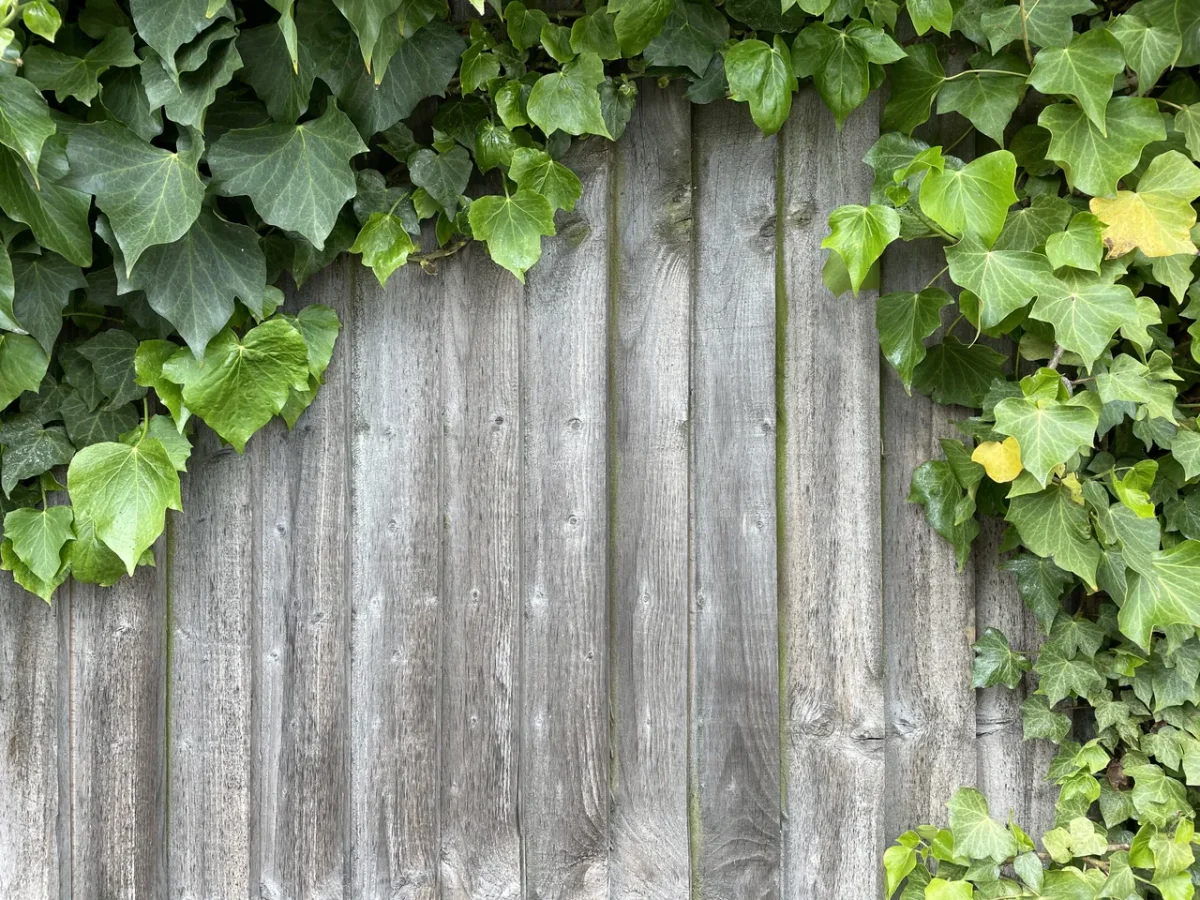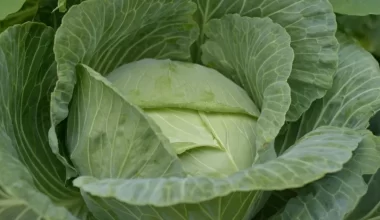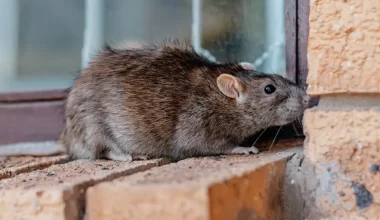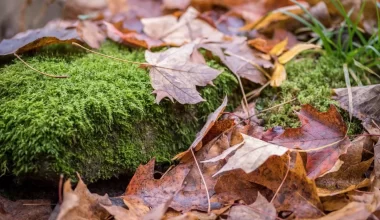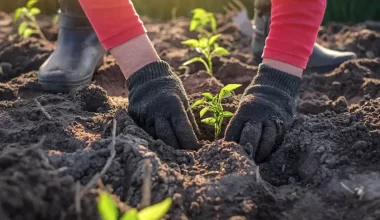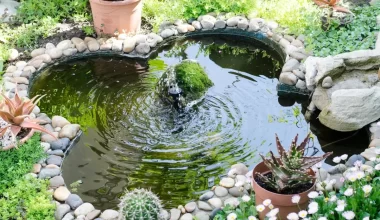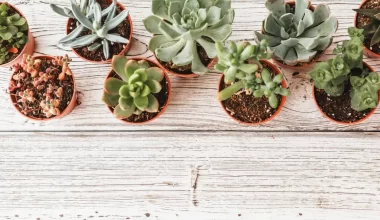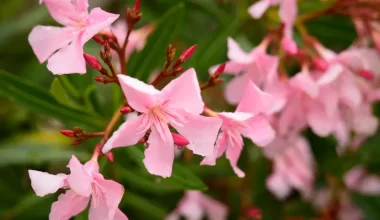Posted on Nov 23, 2023 at 6:00 pm by James A
Ivy is a climbing plant that offers many benefits for your home and garden.
In addition to providing an undeniable aesthetic touch, it can also serve as a natural insulator, reduce noise pollution, and promote biodiversity. Here are some tips to help you grow ivy on the walls of your house.
Table of Contents
Choosing the right ivy for your walls
There are several varieties of ivy suitable for outdoor cultivation. The two main species found in France are English ivy (Hedera helix) and Irish ivy (Hedera hibernica). To choose the right ivy for your walls, consider the climatic conditions of your region and the desired exposure:
- Hedera helix: This species is particularly resistant to cold and is therefore suitable for regions where temperatures can be low in winter.
- Hedera hibernica: This variety is more suitable for mild climate zones, as it is less tolerant of frost.
Preparing the ground before planting ivy
Before planting ivy, it is essential to properly prepare the ground. Here are the steps to follow:
- Remove all weeds and debris from the area where you want to grow ivy.
- Improve the quality of the soil by adding compost or well-rotted manure, if necessary.
- Dig planting holes spaced about 50 cm apart and slightly deeper than the pot in which the ivy is located.
Planting and maintaining your ivy for optimal growth
Once you have prepared the ground, it is time to plant your ivy. To do this:
- Gently untangle the ivy roots before removing it from its pot.
- Place it in the planting hole and cover it with soil, making sure not to bury the base of the stems.
- Water thoroughly after planting, then regularly during the first few weeks to promote rooting.
To ensure optimal growth of your ivy, follow these maintenance tips:
- Support: Install stakes or a trellis to support the ivy’s growth and help it climb your wall.
- Prune: Regularly prune your ivy to control its growth and prevent it from invading other parts of your garden.
- Monitor pests and diseases: Ivy can be susceptible to certain diseases (such as rust) or attacked by pests (such as aphids). Regularly inspect your plants and treat them if necessary.
Precautions to protect your wall and house
Although ivy has many advantages, it is important to take certain precautions to prevent it from damaging your house:
- Distance from windows and gutters: Make sure the ivy is not too close to windows, gutters, or other elements of your roof, as it could obstruct or damage them.
- Sound walls: Ensure that your walls are in good condition before growing ivy on them. This plant can infiltrate cracks and further weaken an already damaged structure.
- Growth regulation: As mentioned earlier, regularly prune your ivy to prevent it from becoming invasive and difficult to control.
Growing ivy on the walls of your house is an excellent way to add a touch of greenery and enjoy the many benefits that this climbing plant offers. By following these tips and taking the necessary precautions, you can fully enjoy your ivy and enhance your outdoor space.
